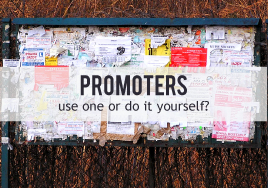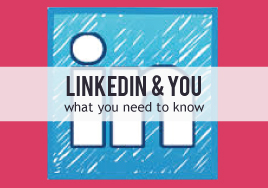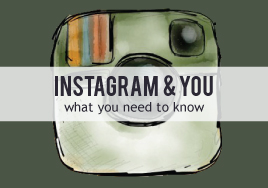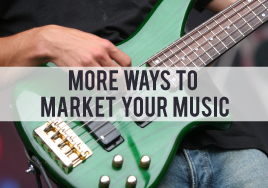Music Promoters: Use One or Do It Yourself?
By Estimated reading time: 2 minutesWhen it comes to the question of how to promote your gig or music, there is a pretty rigidly, almost exclusive split between those who swear by using promoters and those who prefer to DIY. Where do you fall on the issue?
What Do Promoters Do?
In short, music promoters build the hype around gigs and events. They either contract with the venues (promoting their events), or they work independently.
Using a Promoter
Odds are good that you want more people to come to your shows, and you want more money from your gigs. Good promoters can help with those goals. They use their existing and extensive industry contacts to draw crowds to your band’s appearances; bigger crowds mean bigger payouts. Music promoters can also get you on the radar of the right people. If a promoter worked with you before, they might recommend you to other club owners looking to fill their schedules. Having someone outside the band promote the gigs leaves you free to focus on the music. What could be bad about that?
Well, you do have to pay the promoter. So, that’s a bit less money for you.
DIY Music Promotions
Depending on the venue, you might have to use their promoter. But, for argument’s sake, let’s say you don’t have to and don’t want to. Whether you’re blessed with a knack for marketing and promotions or are wrapped up in the magical fairytale about the exhausted, busking musician who gets his big break on the very last leg of a very exhausting tour (isn’t that a nice thought?), you’ve decided that you can handle your own promotions. That’s fine. Really, it is.
But, if you want results, you’ll have to work hard. Make your own connections; get to know those in your local music scene on a first name (both ways) basis. Go to the bars and venues where you want to play; meet the managers, owners, and bartenders. Let them know you’re serious about your band, and leave a press kit or demo with them. Build friendships and alliances with other bands, so when they see an open slot at their gigs they call you first. When you have a gig, tell everyone. Post it on your website and your social media accounts, put up posters around town, call your friends and their friends. Be aware that the time you invest in promoting might impact your music or your personal life.
Promoter or not, at the end of the day, you need to be your biggest mouthpiece. Choosing to go without a promoter just makes it even more important.
Have you worked with promoters before? Were they chosen by the venue, or by the event, or by you? Did you also promote the gig? How did the experience go for you?
See also: 4 Cost-Free Ways to Promote Your Music
1 Comment
...Keep Reading























